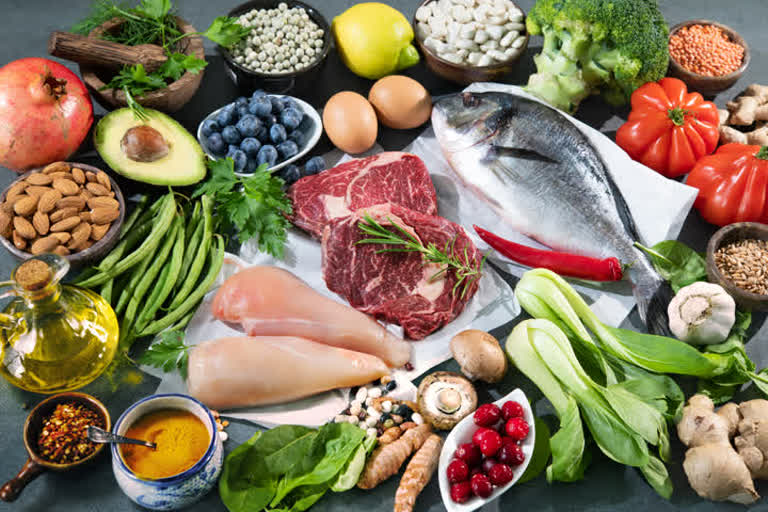It’s a common observation these days; you join a gym and, in an attempt to build your biceps (muscle mass), you start consuming a lot of egg whites or whey protein powders, protein shakes and quite often it is without proper professional advice. Though these may seem exciting and encouraging to gain peer acceptance in short term, they can have adverse effects on health if taken recklessly for longer periods. ETV Bharat Sukhibhava spoke to Vandana Kakodkar, for more information on the same.
Proteins – a double-edged sword.
-Inadequate protein consumption can lead to brittle hair & nails, delayed wound healing, stunted growth but excess protein consumption puts a strain on the kidneys. Hence all youngsters who take an excess of proteins need to be cautious.
-Protein powder may harm your kidneys. Your kidneys are instrumental in helping your body remove waste created during protein synthesis. Due to the excess amount of protein you ingest with protein powder, you may be overworking your kidneys, causing strain and damage.
Protein shakes and whey proteins; your take on this.
-Whey protein is the protein contained in whey, the watery portion of milk that separates from the curds when making cheese. Whey protein is commonly used for improving athletic performance and increasing strength, but evidence to support these uses is mixed.
-Protein shakes are not meant to replace a meal. Their role is to supplement your diet and make it easier to meet your daily protein requirements when you're active. Ideally, these beverages should be consumed before and/or after exercise. Whey protein shakes are best prescribed by your dietician.
Do we all require such high amounts of proteins?
-A sportsperson requires not more than 1.2 to 1.5 gm per kg body weight of proteins. Many Gym instructors advise almost 2 gm per kg body weight of protein and this can be very harmful to your body.
-A high protein diet also requires good hydration. You need to drink a lot of water. But many times this is skipped and it can have a disastrous effect on your kidney.
As a dietician, my advice is to focus on a balanced diet comprising of energy giving foods, body-building foods and protective foods for all the major meals. If you try to concentrate only on one nutrient there’s definitely an imbalance of the other nutrients.
Let me again stress on the point that your proteins should not supply more than 15% of your total calories through your diet.
Although PROTEINS has been intensely over-represented on the plate all these years, now is the time to drag the GARDEN for the main courses.
Inputs By: Vandana Kakodkar, a Consultant Dietician is a visiting faculty at MES college, a resource person for GIPARD,




